Black youth find solace in mental health therapy with a focus on race and belonging
Therapists at New Beginnings Counseling Center in Madison provide one-on-one and group sessions for Black and multiracial children to nurture their identity and feelings of community while confronting challenges of racism in their lives.
By Murv Seymour
June 13, 2024 • South Central Region
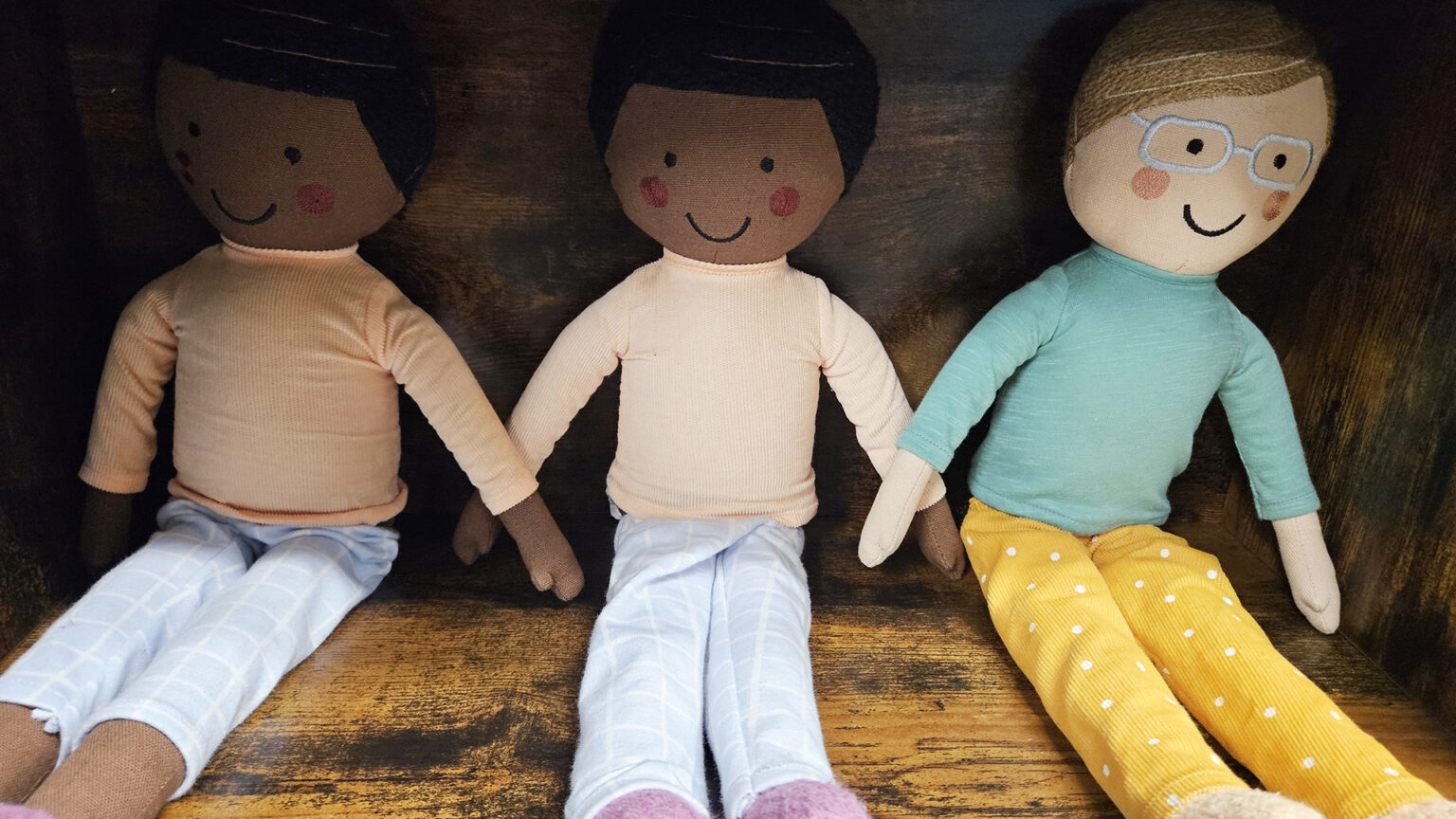
New Beginnings Counseling Center, which provides mental health therapy to a diverse group of patients at its clinic in Madison, uses dolls with different racial backgrounds to help provide support to its younger patients. (Credit: Murv Seymour / PBS Wisconsin)
One day a week, 15-year-old KJ has the same after-school routine: He travels 30 minutes to the New Beginnings Counseling Center in Madison for therapy. In 2019, he was seeing a white mental health therapist, but switched to New Beginnings, purposely choosing this option because a Black man leads its work.
“I wanted a Black therapist so I could relate more,” said KJ, which is a pseudonym. A Dane County resident, KJ was adopted by a white family when he was seven weeks old. He wanted someone to talk to about race, because he was having trouble connecting with and fully trusting his previous therapist in discussions about his experiences.
“It didn’t seem like she fully understood it,” KJ said. “Even though she claimed to have multiple Black friends growing up in a predominantly Black neighborhood, it just didn’t feel like she had like the same experience because of the race difference.”
Along with his one-on-one therapy sessions, KJ also sits in on a biweekly group session with other kids at New Beginnings called DRIVE. It is an acronym for dialogue, restore, inspire, validate and empower, with each word representing a call to action for kids to think about how they live and communicate. Usually, about half a dozen kids ages 10 and older take part in the unscripted open discussions led by therapists at New Beginnings.
“I have a good connection with everyone. I can just be myself. I don’t have to hide my emotions,” KJ said.
Despite cultural stigmas associated with receiving mental health treatment, the counseling center hosts a growing group of younger Black clients, ranging from four to 18 years old.
“They really enjoy it because they feel safe here, and now is not stigmatized anymore,” said Fred Harris, the owner and executive clinical director of New Beginnings.
“Most of them tell me that they’re exhausted being Black and only 13 years old. And that really hurts because it’s like you serve the rest of your life to live,” he said.
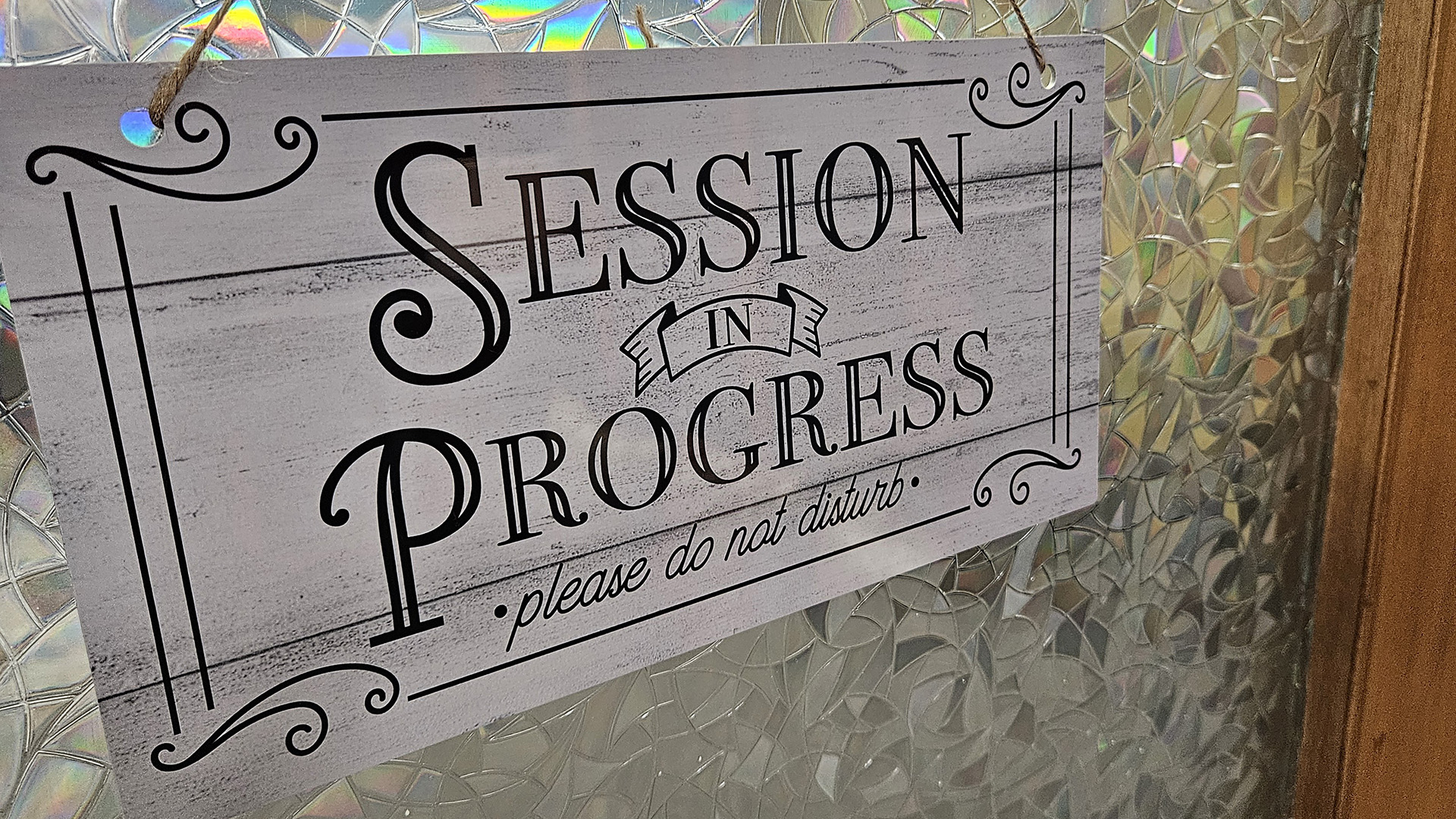
Therapists at New Beginnings Counseling Center in Madison seek to provide a safe and secure environment for younger Black patients who receive mental health care. (Credit: Murv Seymour / PBS Wisconsin)
It’s Vee’s 17th birthday. During an interview from her therapist’s office at New Beginnings, she was drawn to a particular painting leaning against the wall at floor level.
“Not just that’s a Black woman,” said Vee, a pseudonym. “It’s like the way that the artist expressed the skin and the hair, seemed like the brushes and the strokes, is really nice. All the art like that stands out to me.”
During the height of the COVID-19 pandemic, Vee received online therapy from a white therapist once a week for about a year. When it was time to return to school for 10th grade, she didn’t adjust well to in-person classes. She also struggled to explain the importance of supporting the Black Lives Matter movement to her white therapist. Vee’s parents suggested she consider finding a Black therapist, but couldn’t find one before she discovered New Beginnings.
Vee attends biweekly one-on-one treatment sessions to help cope with anxiety and racial stress, and travels from 30 minutes away to take part in the DRIVE group session.
DRIVE is the brainchild of therapist Ashanti Rogers, who works with many of New Beginning’s younger patients. She said the group’s goal is to build community among these adolescents.
“It’s not just a safe space. It’s a brave space, meaning that it is going to be uncomfortable. You’re going to have to work through your emotions. You’re going to be hearing things and experiencing things that may be different, may be triggering,” Rogers said.
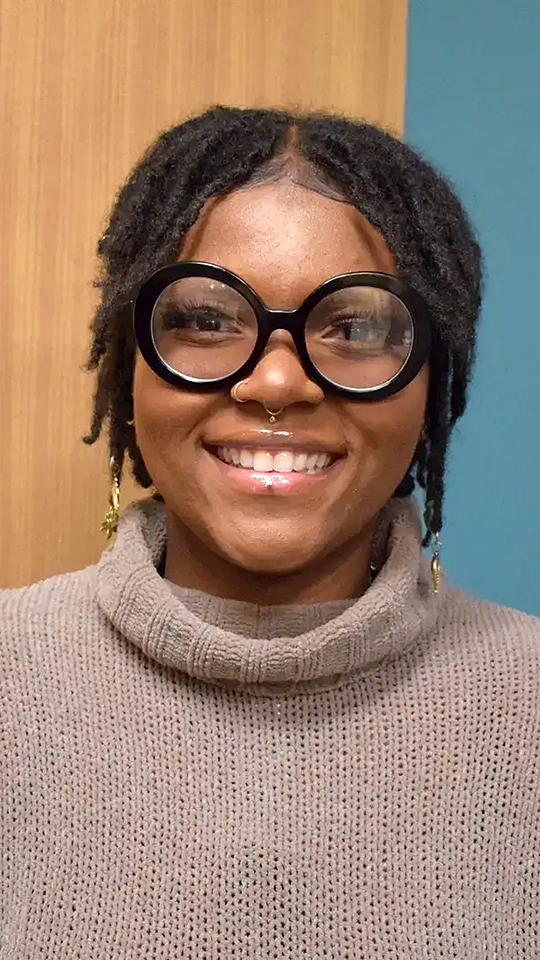
Ashanti Rogers is a therapist at New Beginnings Counseling Center in Madison. Rogers works with many of the younger patients at New Beginnings, and leads it DRIVE group sessions to help build community among these adolescents. (Credit: Courtesy of New Beginnings Counseling Center.)
One night during DRIVE, five young patients and three therapists filled every seat around a large oval conference table. By design, the kids do most of the talking.
“Black folks didn’t create colorism. It was created by slave owners,” Rogers said to start a discussion about race.
The loose, unscripted 90-minute group conversation shifted between brief discussions about racism, Christopher Columbus and internal racism among Black communities. Nothing is off-limits in DRIVE.
“I thought at least that they changed to Indigenous Peoples Day to recognize how their land was taken?” Vee passionately chimed in.
She said speaking out during DRIVE builds her confidence and helps instill trust in her therapist.
“I want to trust my therapist,” Vee said. “I want to make sure that all the things that I’m telling my therapist is safe and secure.”
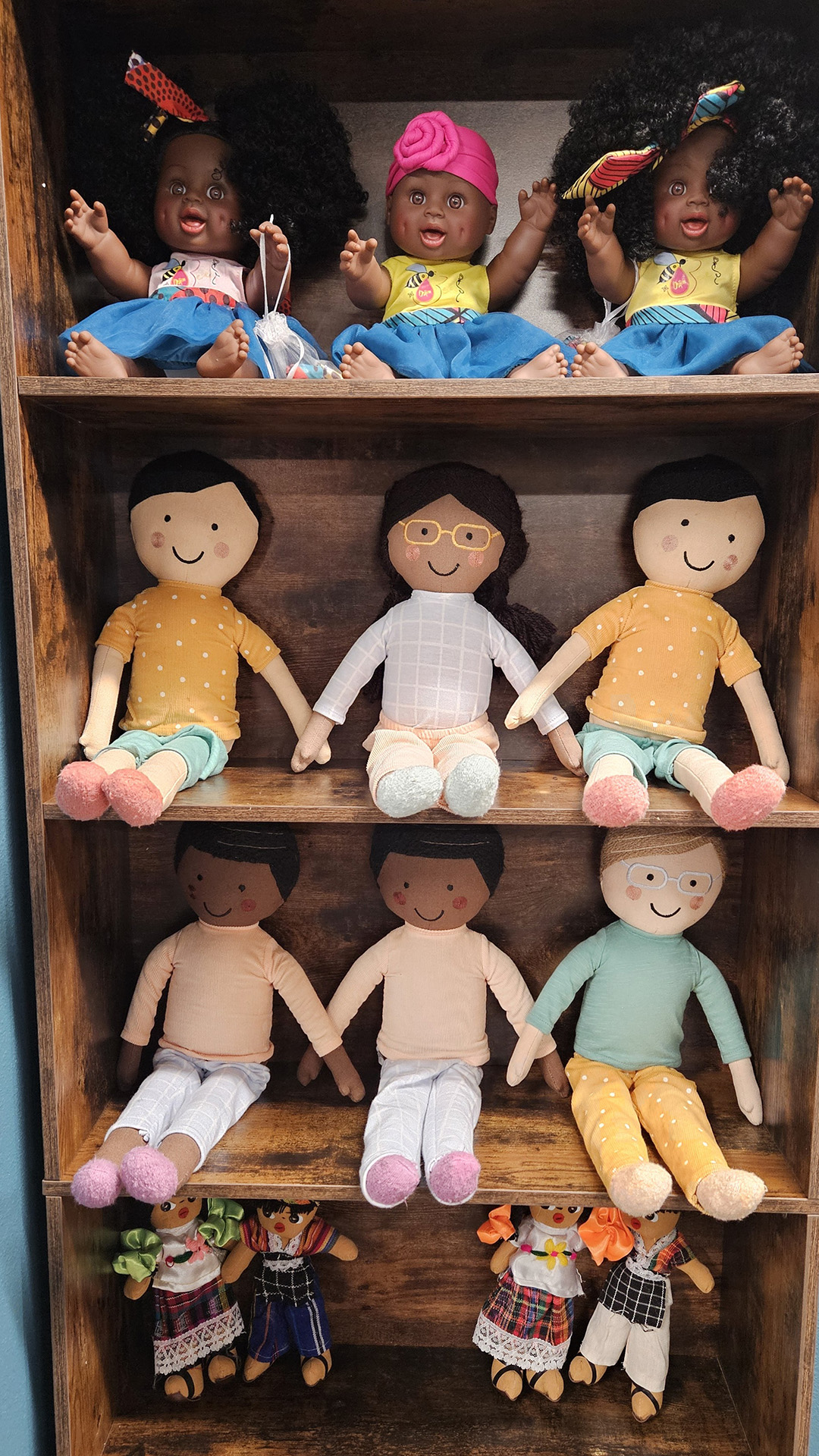
Therapy dolls on shelves in a conference room that doubles as a meeting space for group therapy at New Beginnings Counseling Center in Madison are diverse in their racial makeup and gender identity. (Credit: Murv Seymour / PBS Wisconsin)
In this DRIVE session, like KJ, four of the five students are adopted Black kids being raised by white parents. More transracial families are looking for a Black therapist to educate themselves and their children about sensitive topics surrounding race, culture and history.
KJ said when he was younger, he used to make up stories to explain why his skin was darker than his white adoptive parents.
“I just thought that I had a birth defect or something, or I was born, like, born over a fire,” KJ said.
KJ and others around the table said bullying and teasing from their Black classmates is hurtful and can feel like it’s non-stop. He recalled some of the things his Black peers have said to him at school.
“‘You’re not one of us. You don’t deserve to hang out with us. You’re not Black enough,'” KJ recounted. “‘You drive just like a white person. You got white parents. You should know how to dress. You’re rich.’ And I’m like, no, I’m middle class. I’m basically just like you. It’s just I’m living with white parents.”

Coloring is one of the activities that young patients at New Beginnings Counseling Center in Madison can engage in as part of their mental health therapy. (Credit: Murv Seymour / PBS Wisconsin)
Harris fears stressed adolescents might harm themselves because of issues with racial identity, social acceptance and other life challenges.
“A lot of them have attempted suicide. A lot of them have contemplated suicide,” “They’re very afraid. And, they just see therapy as, ‘OK, my parents are bringing me here, something’s wrong with me,’ because they’ve been conditioned to think that for such a long time,” he said.
“Their parents have done the best they can get them the help that they needed, but can never find a practitioner that can actually model and validate what they’re experiencing. Your parents can only do so much.”
Every learning session in DRIVE comes with a home-cooked meal and a taste of the history of the food’s origins. That night, jerk chicken, spicy cabbage, peas and rice, and macaroni and cheese were on the menu to help the kids learn about Caribbean culture.
“We want them to taste, touch, smell, feel culture. So that’s how we implement the food,” said Harris
“A lot of them have never had fried chicken before. They’ve never had cabbage, and they don’t know how to eat it,” he added.
DRIVE is open to any adolescent receiving counseling at New Beginnings. Eventually, the plan is for these therapy sessions to be open to youngsters who don’t receive one-on-one therapy at the center.
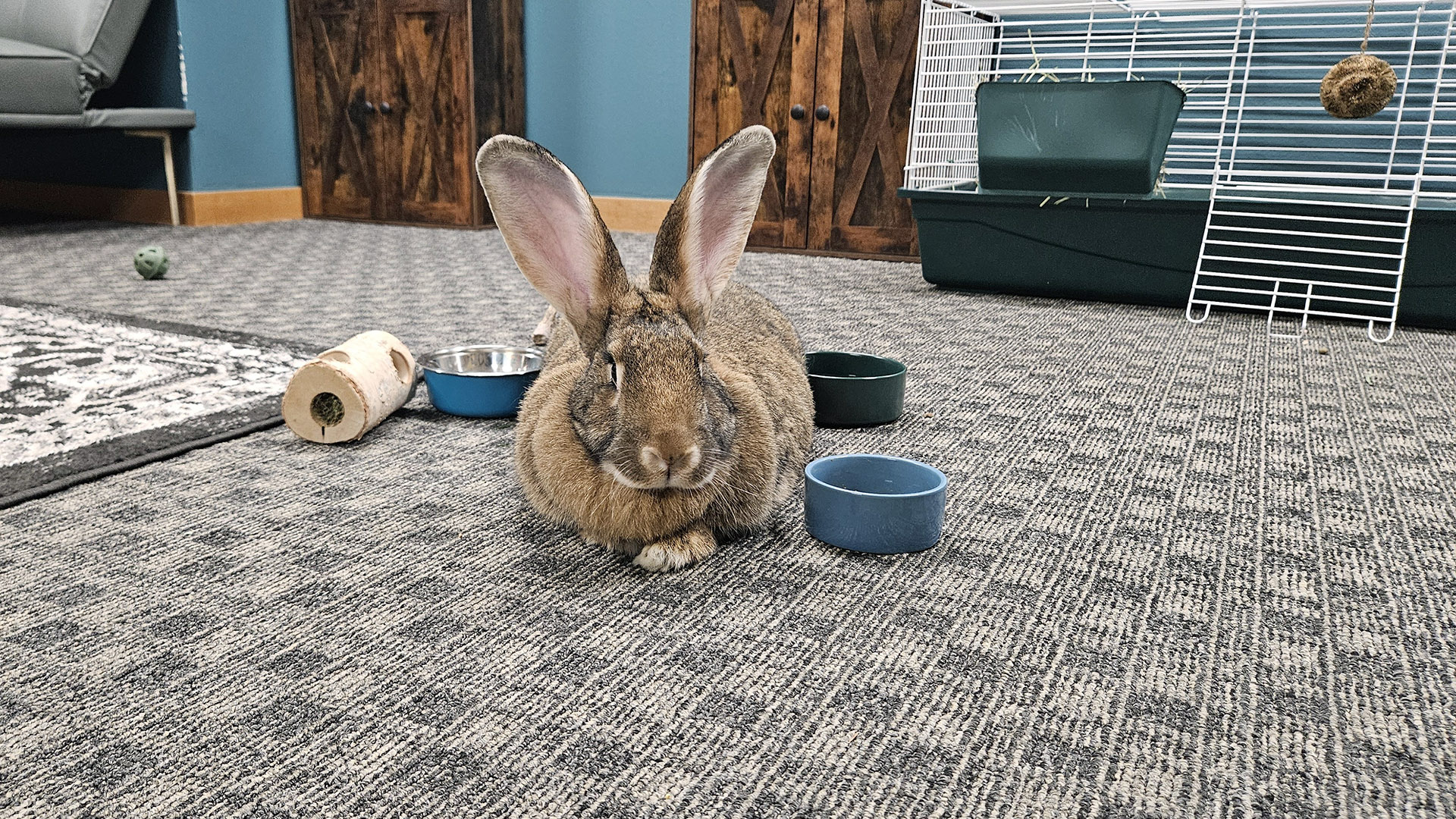
Young patients at New Beginnings Counseling Center can spend time with a rabbit at the clinic, one of ways therapists try to provide a welcoming setting for children as they receive mental health care. (Credit: Murv Seymour / PBS Wisconsin)
One of New Beginnings’ younger clients is so pleased with his therapy that he wrote about it for a school project. The one-page letter is framed and showcased on the wall at the center’s office as a reminder of the impact mental health therapy can have on kids who seek help.
Rogers considers treatment for a community that has historically avoided therapy as essential.
“The gem is only going to grow brighter the more that we learn from our community, the more that we learn from ourselves,” she said.
Harris said he wants to continue to grow his specialized clinic, but doesn’t want to get so big that he can’t comfortably accommodate the growing demand of those who need help.
“I just hope that I can continue to have a space where, even if just an hour or two hours a week, that they’d feel seen,” he said, and they could talk about the things we talked about today without being judged.”
 Passport
Passport





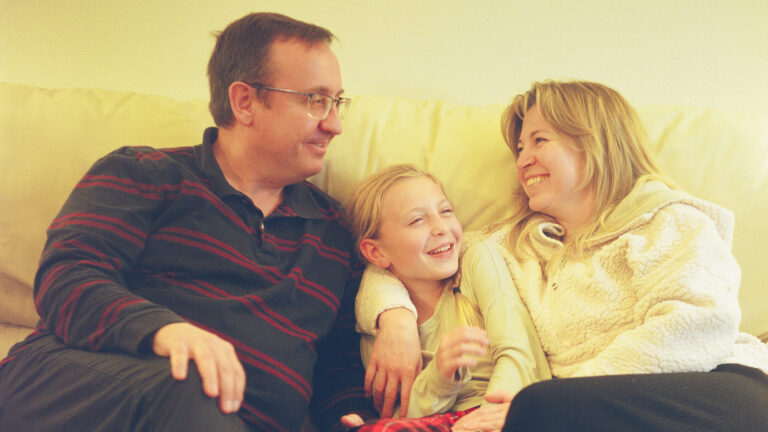

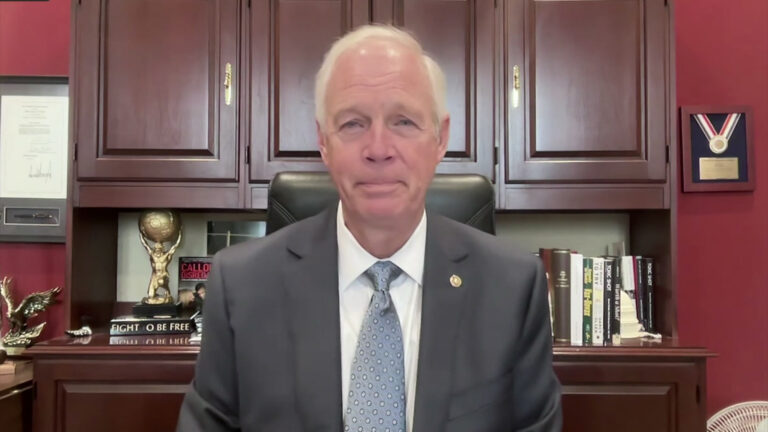
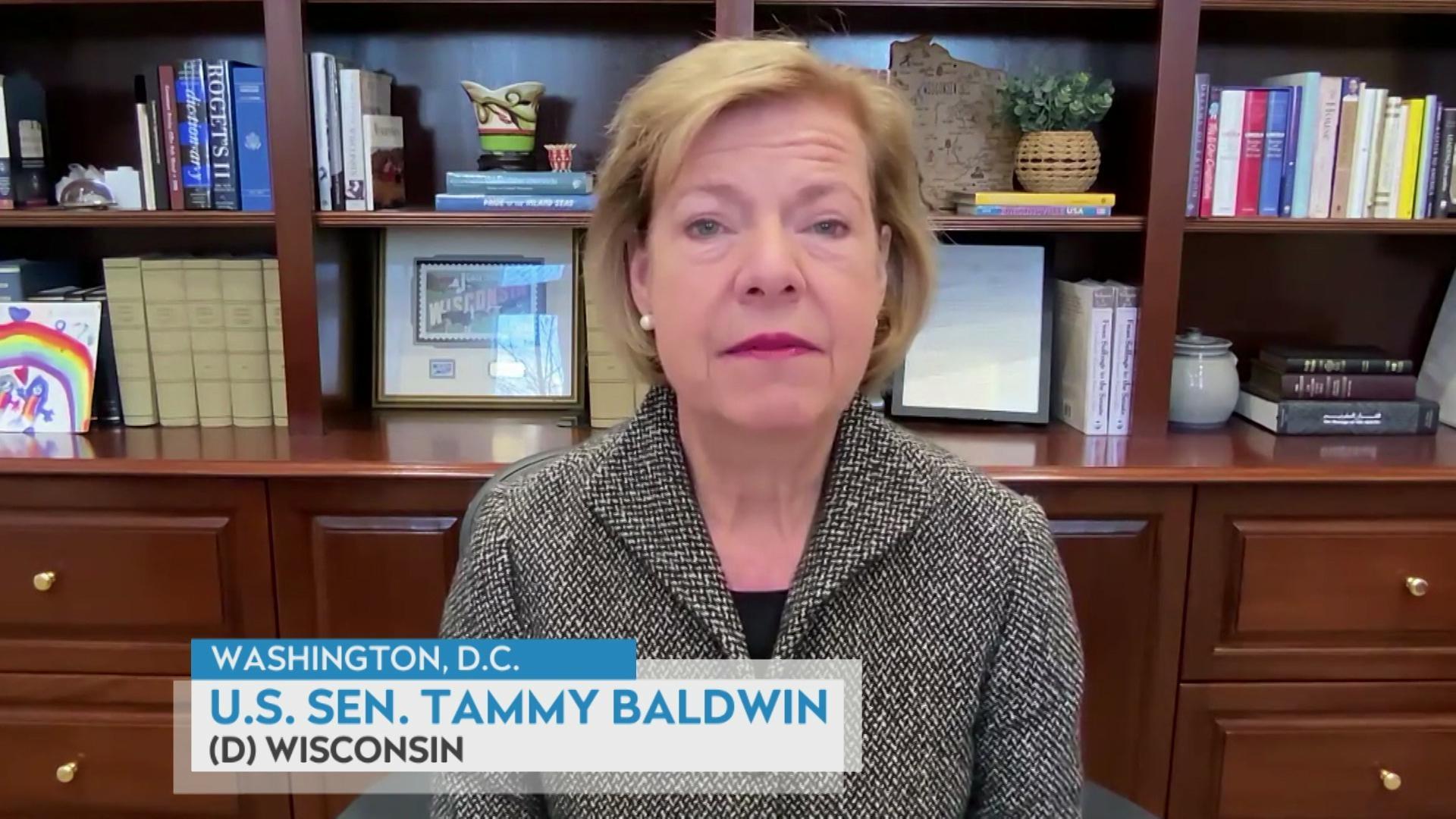
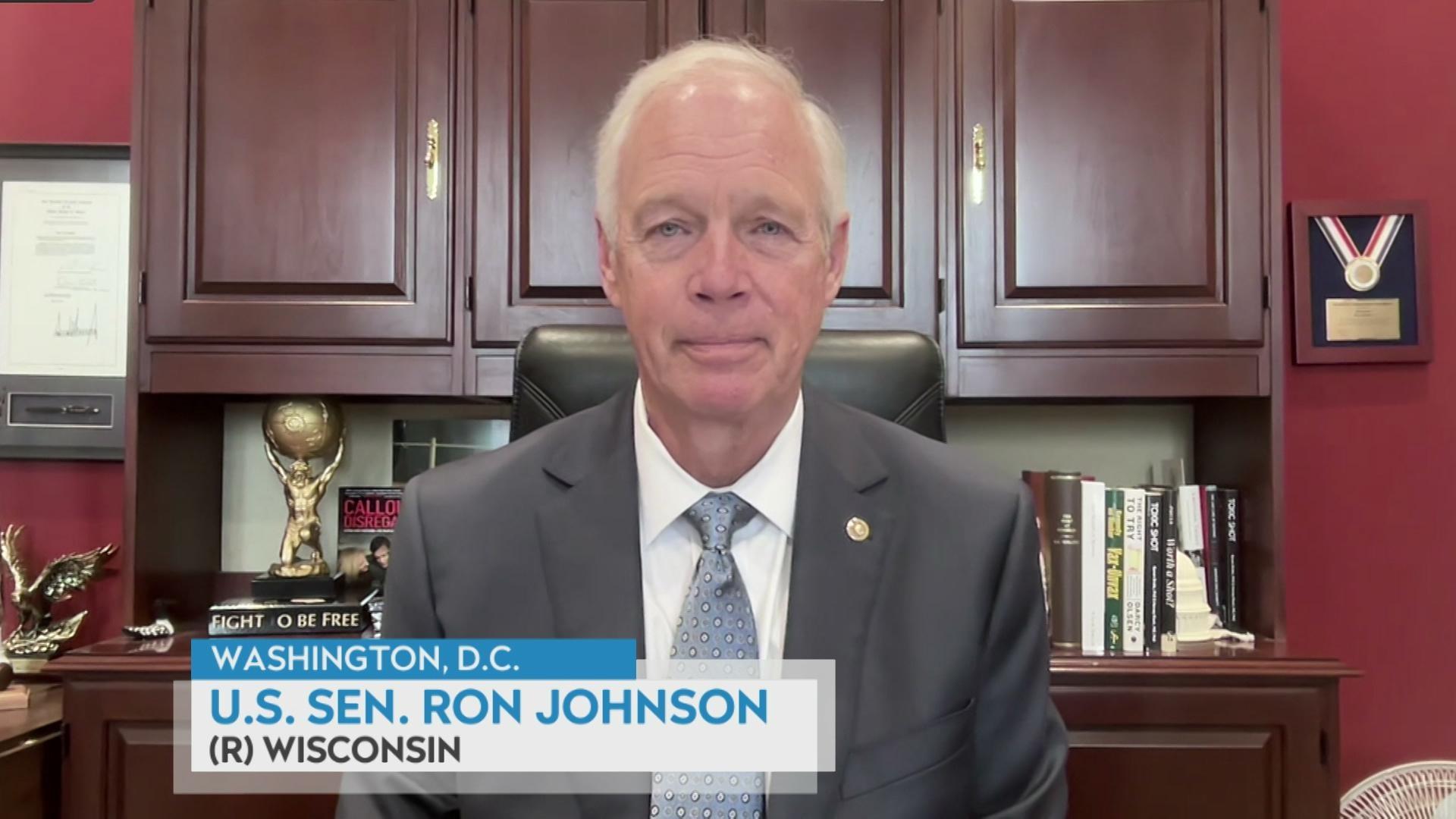

Follow Us